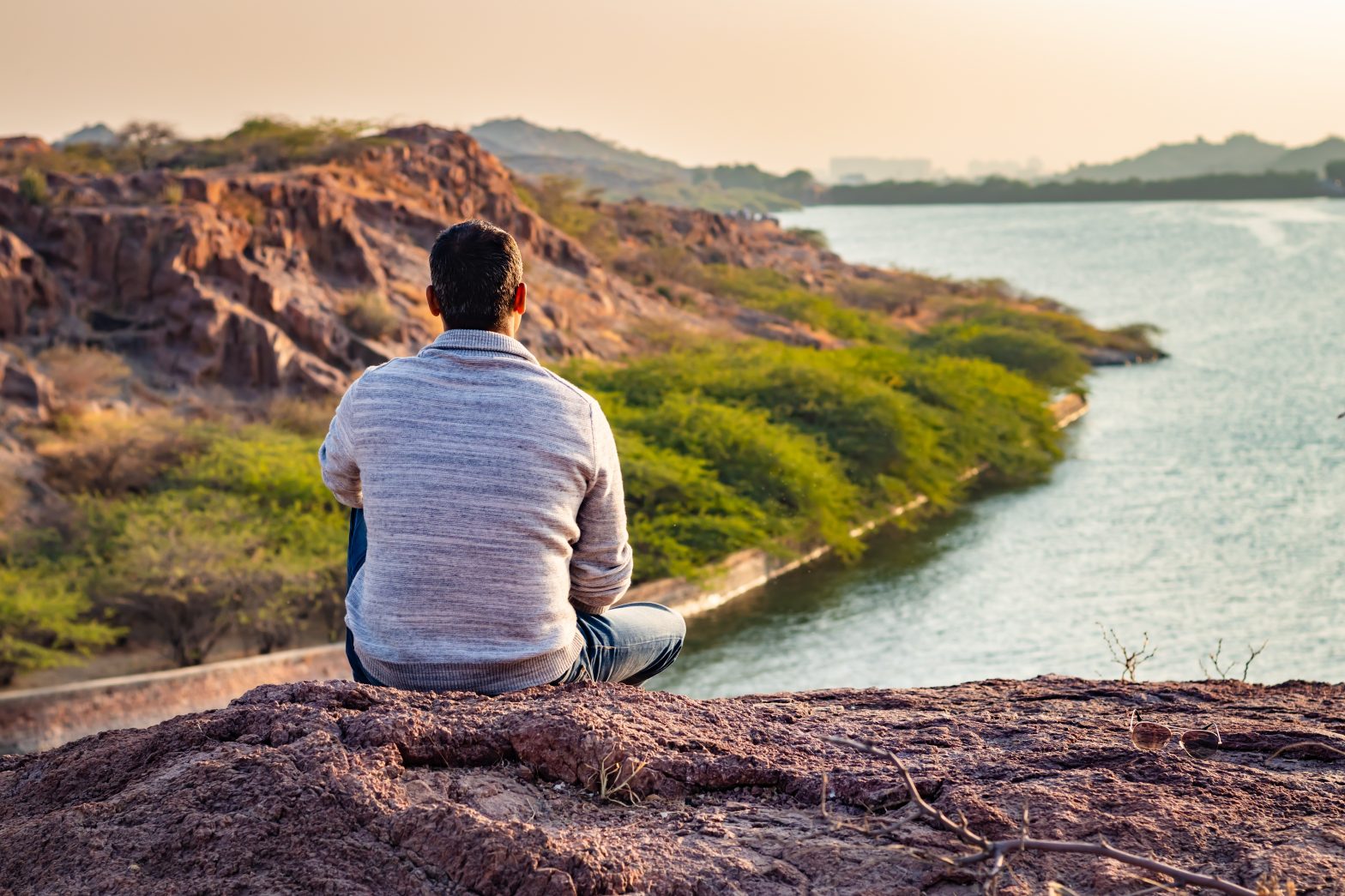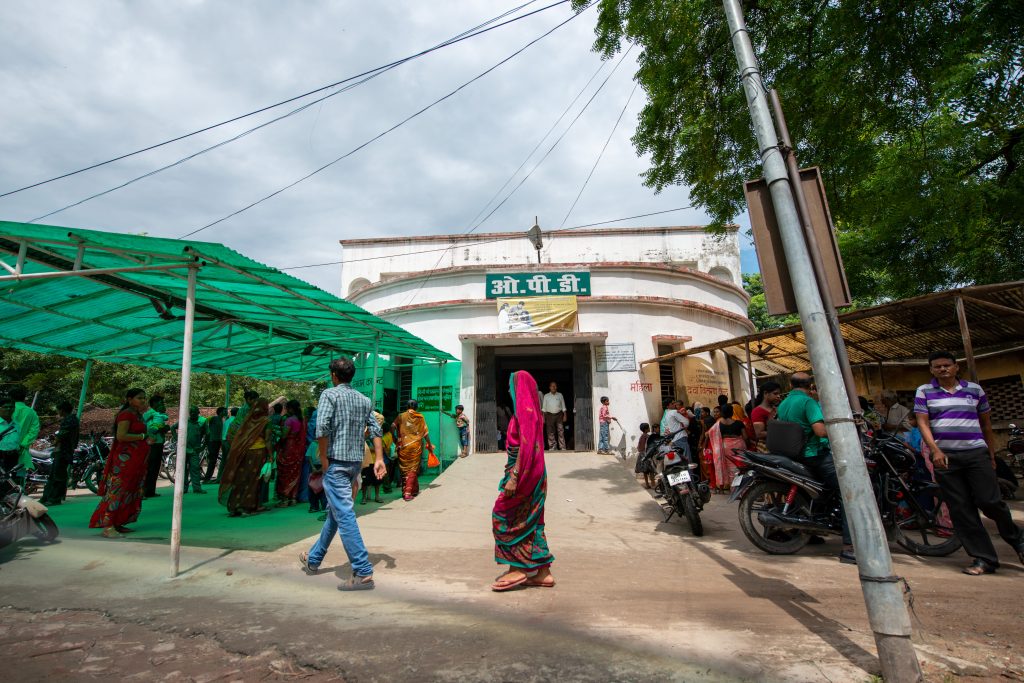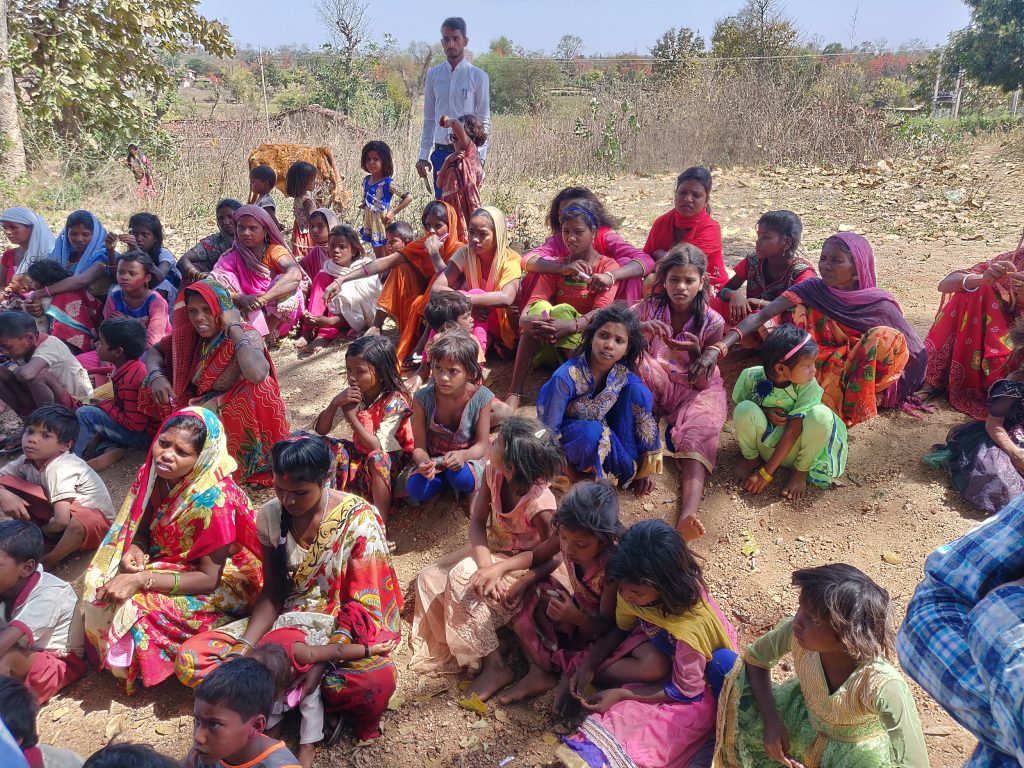
‘Stigma, isolation aggravate mental health problems’
Access to mental health is a big challenge in rural India, particularly for the LGBTQIA+ communities and persons with HIV, says Rajesh Srinivas of Sangama, an organisation working for the cause.

Access to mental health is a big challenge in rural India, particularly for the LGBTQIA+ communities and persons with HIV, says Rajesh Srinivas of Sangama, an organisation working for the cause.
Rajesh Srinivas: Sangama currently runs three clinics for transgender people and other gender and sexual minorities in Kolar, Hassan and Ballari regions of Karnataka. We have a counsellor to provide counselling and other mental health services. For more serious consultations and medical help we refer them to senior counsellors or to government hospitals. We have opened our services for gender and sexual minorities.
We also work with over 470 gender and sexual minorities living with HIV, spread over 12 districts of Karnataka. We work with a peer-based counselling approach, wherein people from the community, who we refer to as champions, have been trained to provide basic counselling services and address basic mental health issues. They act as an important first point of contact.
RS: We realised as a result of our long engagement with communities that there is a grave need for someone who acts as the first responder. We started the peer-based model with that idea.

Next month we are starting a helpline to start online counselling for gender and sexual minorities living with HIV. We are in the last stages of putting pieces together for this initiative and it should be rolled out in Karnataka in November. Sangama’s work is spread across urban, semi-urban and rural areas in the state. The idea is to enable any gender and sexual minority living with HIV in Karnataka to reach out for online counselling through the helpline number. If they need further mental health support or services we shall link them up to our field staff in the district or the psychiatric department at the government hospital with their informed consent. Our field staff will also follow up and ensure that the required services are availed.
All the first points of contact belong to the gender and sexual minority community. About 85 percent of them are also persons with HIV. They are trained in the screening process and also how to provide basic services.
The online counselling will be done by trained professional counsellors. This will be done at two levels. There will be the first point of contact in the district as well as a mental health professional available for online counselling, if needed.
RS: There is a general sense of taboo attached with the issue of mental health. It becomes more complex in queer spaces and among gender and sexual minorities. How do you overcome that?

Government health systems like the HIV counselling centres are overburdened. They are often looking after 50-60 patients a day. On the other hand, private mental health services are extremely expensive. Paying upwards of Rs 1,500 (and sometimes even Rs 3,000-4,000) for an hour of counselling is not within everyone’s reach. For economically disadvantaged communities this is absolutely inaccessible.
So how do you bring mental health to everyone? It is critical in today’s world and how we make it accessible is a real challenge. We have to particularly address the issues of stigma, acceptance of family and the community, and intimate partner violence.
Also Read: ‘Queer community needs access to housing, health and jobs’
Rajesh Sinivas is the executive director at Sangama.
The Karnataka Sex Workers Union is one of the collectives that we work with closely. It looks at the community through the lens of labour rights and unionisation. The organisation did something interesting recently. They partnered with the Indian Institute of Human Settlement and looked at mental health from the perspective of sex workers. They came across a clear lack of data for psychological assessment for sex workers, especially male and transgender sex workers, and found that stigma, isolation and lack of community can often exacerbate the mental health problems for them.
The lead image shows a man sitting by a lakeside (Photo by Explore Info – Shutterstock)